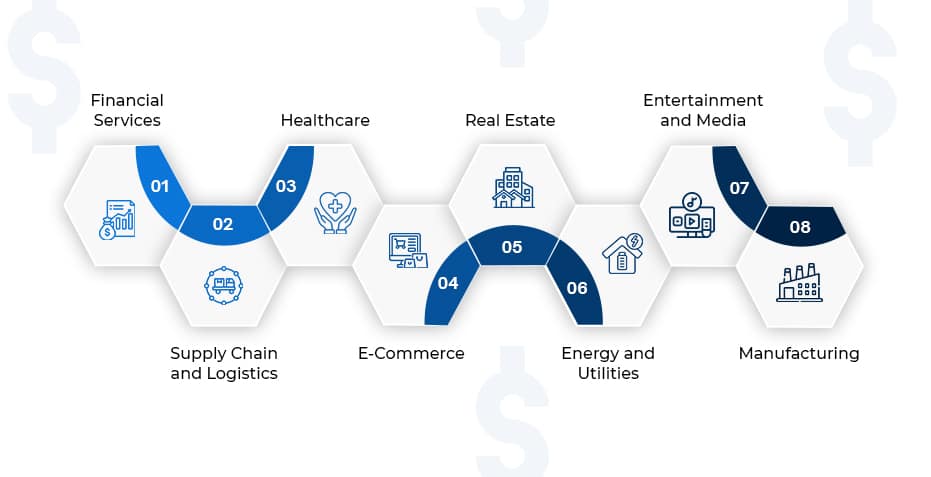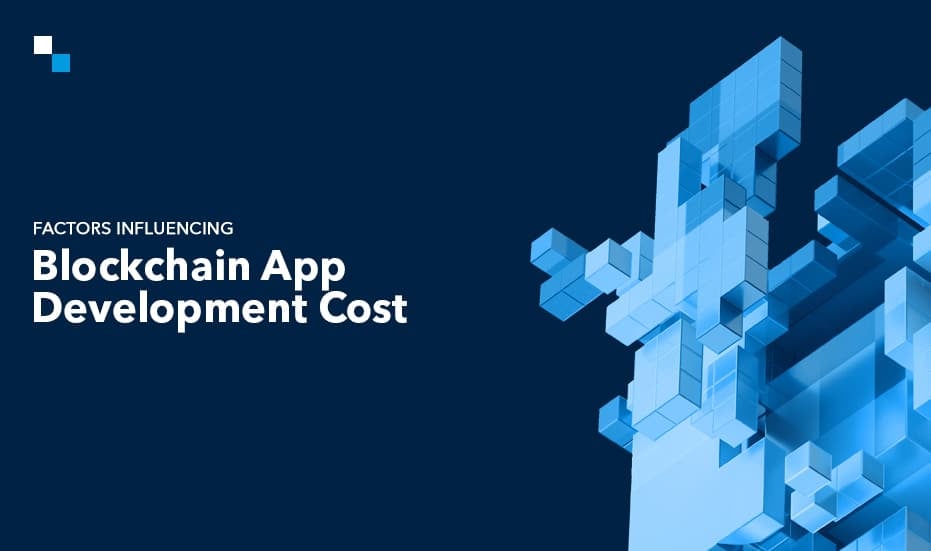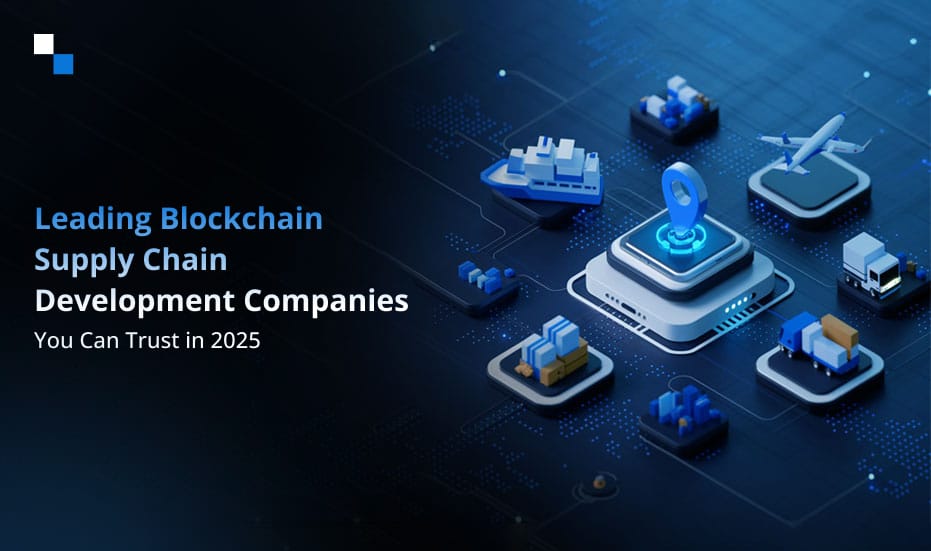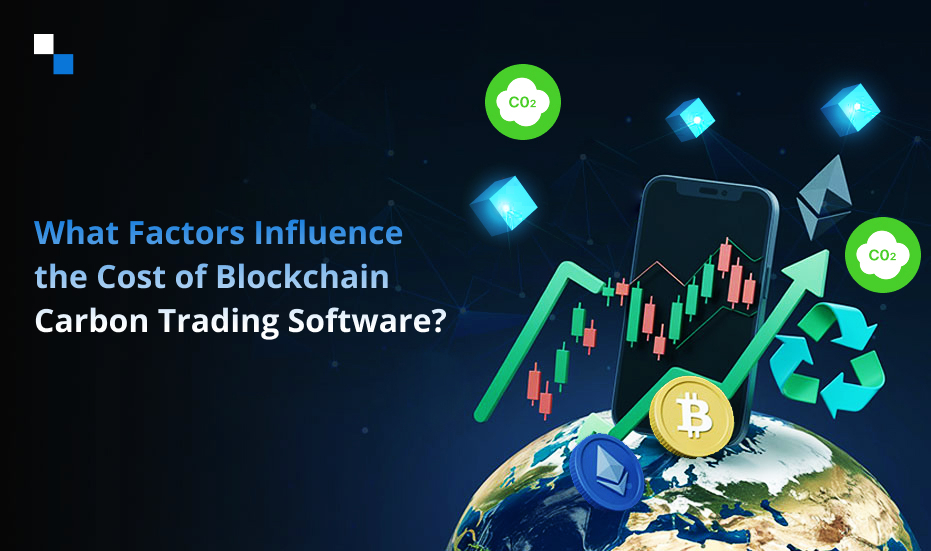
How Much Does Play to Earn Crypto Games Cost?
August 22, 2024
Minting Millions: Your Ultimate Guide to Creating Profitable Meme Coins on TRON
August 23, 2024Blockchain is no alien to web3 enthusiasts. There’s no denying that blockchain has the potential to revolutionize a wide range of industries due to its worldwide adoption. The most promising way to reap the benefits of the technology is to develop blockchain applications. The cost of blockchain app development can vary significantly depending on a number of factors such as project complexity, technology stack, type of blockchain platform, and more.
Additionally, blockchain pricing can also be estimated based on the specific needs and challenges of each industry. Understanding how blockchain app development cost differs across sectors is essential for businesses planning to invest in this transformative technology. This blog unveils key factors that affect the blockchain app development cost in 2024 while providing an estimation of how the pricing fluctuates across different industries.
Factors Influencing Blockchain App Development Cost
The cost of developing a blockchain app is influenced by various factors and here are some crucial ones:
- Project Complexity: The complexity of the blockchain app is one of the most significant determinants of cost. A simple app with basic features will naturally cost less than a complex application with advanced functionalities such as smart contracts, multi-signature wallets, or a custom consensus algorithm.
- Type of Blockchain: The type of blockchain selected for the application, whether it’s a public, private, or hybrid blockchain, also affects the blockchain app development cost. Public blockchains like Ethereum or Bitcoin might require more security features, while private blockchains could need more customization.
- Development Team: The expertise and location of the development team play a critical role in determining blockchain implementation costs. Hiring a seasoned team of blockchain developers from regions with higher living costs, like North America or Western Europe, will be more expensive than outsourcing to developers in Asia or Eastern Europe.
- Technology Stack: The choice of the technology stack, including the blockchain platform and associated tools and languages, impacts the custom blockchain development cost. Each platform has its unique requirements and pricing models, which need to be considered during budgeting.
- Security Requirements: Given the sensitive nature of blockchain applications, especially those involving financial transactions, security is paramount. The cost of implementing robust security features, including encryption, secure key management, and regulatory compliance, can add significantly to the blockchain app development cost.
- Integration with Existing Systems: If the blockchain app needs to integrate with existing enterprise systems, additional development work will be required, increasing the overall cost. This integration may involve custom APIs, middleware solutions, or adapting legacy systems to interact with the blockchain.

Hidden Costs in Blockchain Implementation
Beyond the initial blockchain app development cost, businesses should also consider potential hidden costs associated with blockchain implementation:
- Maintenance and Updates: Like any software application, blockchain apps require regular maintenance and updates to address bugs, improve security, and add new features. The ongoing maintenance cost can range from 15% to 25% of the original development cost annually.
- Transaction Fees: If the app interacts with a public blockchain, transaction fees must be factored into the blockchain pricing. The fees can fluctuate depending on network congestion and may become a significant expense for high-volume applications.
- Compliance and Legal Fees: Blockchain apps, particularly those dealing with financial transactions or sensitive data, may need to comply with various regulations. Ensuring compliance with laws such as GDPR, AML, or KYC can add legal fees to the blockchain implementation cost.
- User Training and Adoption: Depending on the complexity of the application, there may be costs associated with training users or staff to effectively use the new blockchain system. Adoption strategies, including change management, can also add to the overall cost.
How Blockchain App Development Costs Varies Across Different Industries?
Let’s explore how blockchain app development costs can differ across the following industries:

Financial Services
The financial services industry is one of the earliest adopters of blockchain technology, using it to streamline processes such as payments, clearing, and settlement. Given the critical nature of financial transactions, the blockchain development cost in this sector tends to be higher due to the need for robust security measures and regulatory compliance. Financial institutions often require custom solutions with advanced features like smart contracts, multi-signature wallets, and compliance with KYC and AML regulations which increases the custom blockchain app development cost.
Supply Chain and Logistics
Blockchain is revolutionizing supply chain and logistics by providing end-to-end visibility and traceability of goods. This industry benefits from blockchain’s ability to securely record transactions and track assets, ensuring the authenticity of products. Developing a blockchain solution for supply chain management typically involves creating a decentralized ledger to track the movement of goods. The need for real-time data processing and large-scale data storage also influences blockchain pricing in this industry.
Healthcare
Blockchain technology in healthcare is used to enhance data security, interoperability, and patient privacy. It enables secure sharing of medical records, streamlines insurance claims, and ensures the integrity of pharmaceutical supply chains. The healthcare industry often requires custom blockchain development to address specific needs, such as secure patient data management and compliance with regulations like HIPAA. Implementing blockchain in healthcare involves integrating with existing electronic health records (EHR) systems and ensuring compliance with strict regulatory standards.
E-Commerce
Retail and e-commerce businesses are leveraging blockchain to enhance customer trust, streamline payment processes, and improve supply chain transparency. Blockchain can also be used for loyalty programs, digital identity verification, and secure transactions. Projects may involve developing decentralized marketplaces, integrating with payment gateways, or creating blockchain-based loyalty programs. The implementation cost includes integrating blockchain with existing e-commerce platforms, POS systems, and supply chain management tools.
Real Estate
Blockchain technology is transforming the real estate industry by enabling secure and transparent property transactions, simplifying title management, and reducing fraud. Blockchain can also facilitate tokenization, allowing fractional ownership of real estate assets. Developing a blockchain solution for real estate can be complex, especially when dealing with smart contracts, property tokenization, and secure title management. The cost of implementing blockchain in real estate includes integrating with property management systems, legal frameworks, and financial institutions.
Energy and Utilities
The energy sector is adopting blockchain to enhance transparency in energy trading, manage decentralized energy resources, and facilitate peer-to-peer energy transactions. Blockchain can also improve grid management and enable secure data sharing between stakeholders. The blockchain development cost in the energy sector varies depending on the complexity of the projects that involve decentralized energy trading platforms or smart grid management
Entertainment and Media
The entertainment and media industry is leveraging blockchain for digital rights management, secure content distribution, and transparent royalty payments. Blockchain can also enable new business models, such as tokenized content and decentralized streaming platforms. Projects may involve creating smart contracts for rights management, developing decentralized content platforms, or enabling micropayments through blockchain. Implementing blockchain in the entertainment industry includes integrating with existing content management systems, payment gateways, and legal frameworks.
Manufacturing
Blockchain in manufacturing enhances supply chain transparency, enables secure data sharing between suppliers, and improves the traceability of products. It can also support the management of intellectual property and compliance with industry regulations. The cost of implementing blockchain in manufacturing includes integrating with ERP systems, IoT devices, and supply chain management tools. Ensuring real-time data processing and compliance with industry standards can also affect blockchain implementation costs.

Conclusion
The cost of blockchain development varies significantly across industries, driven by factors such as project complexity, regulatory requirements, and the need for customization. Whether you are in finance, healthcare, retail, or any other industry, partnering with a skilled blockchain development company that understands your specific needs is crucial. By doing so, you can ensure that your blockchain project is delivered on time, within budget, and meets the highest standards of quality and security.



